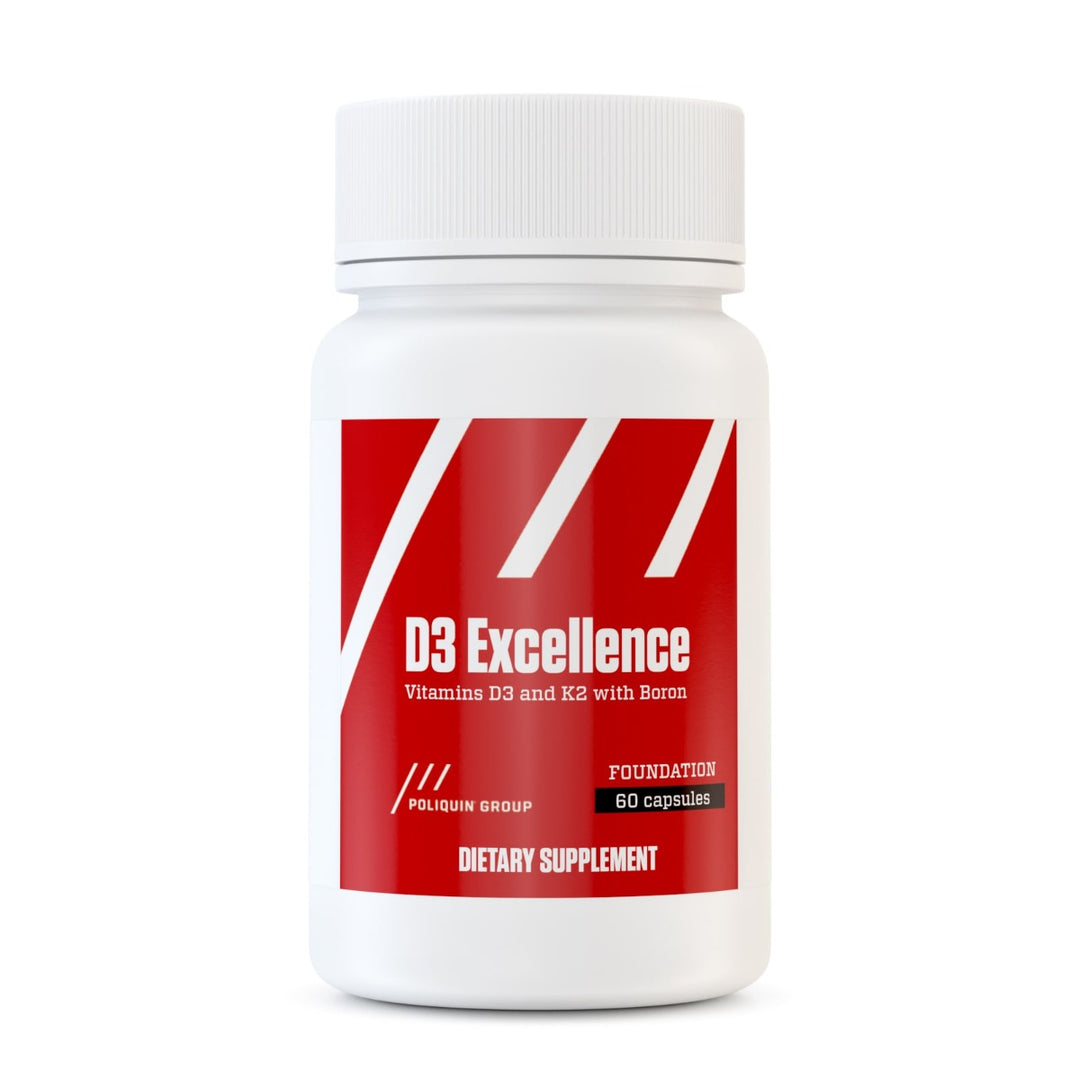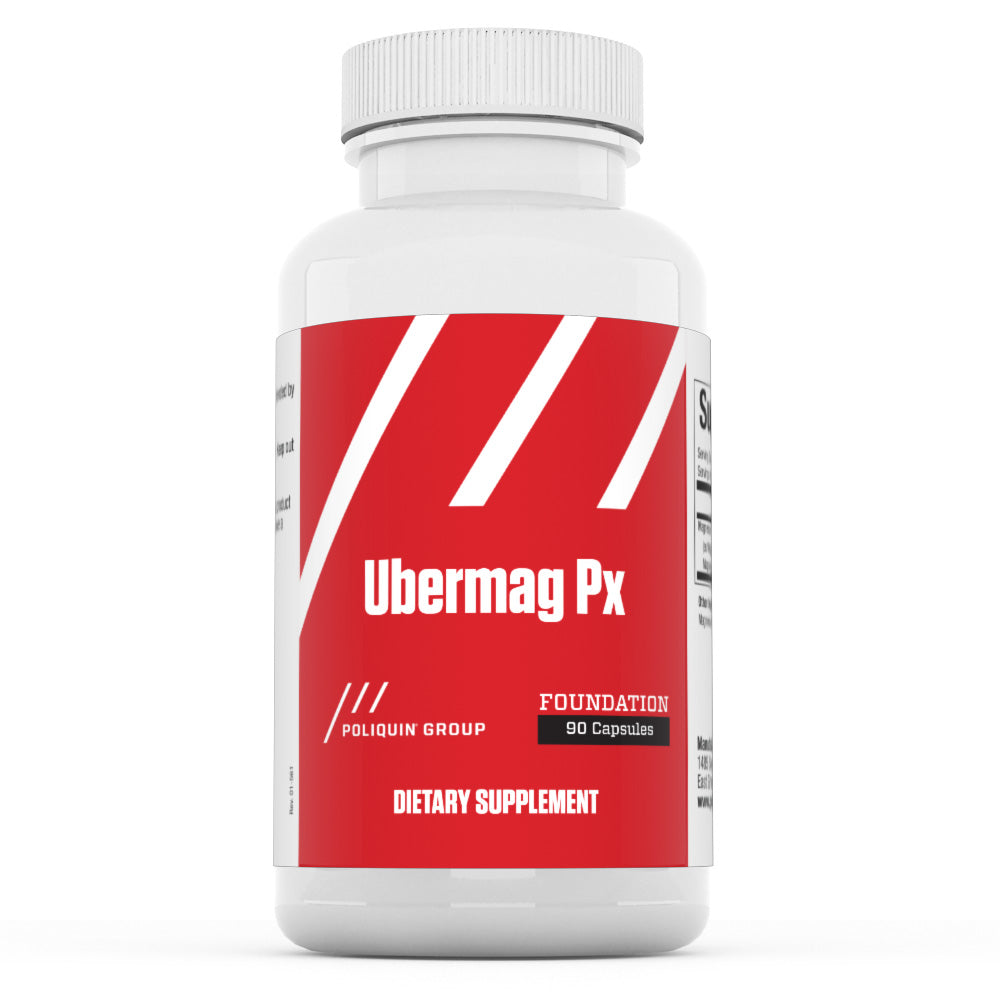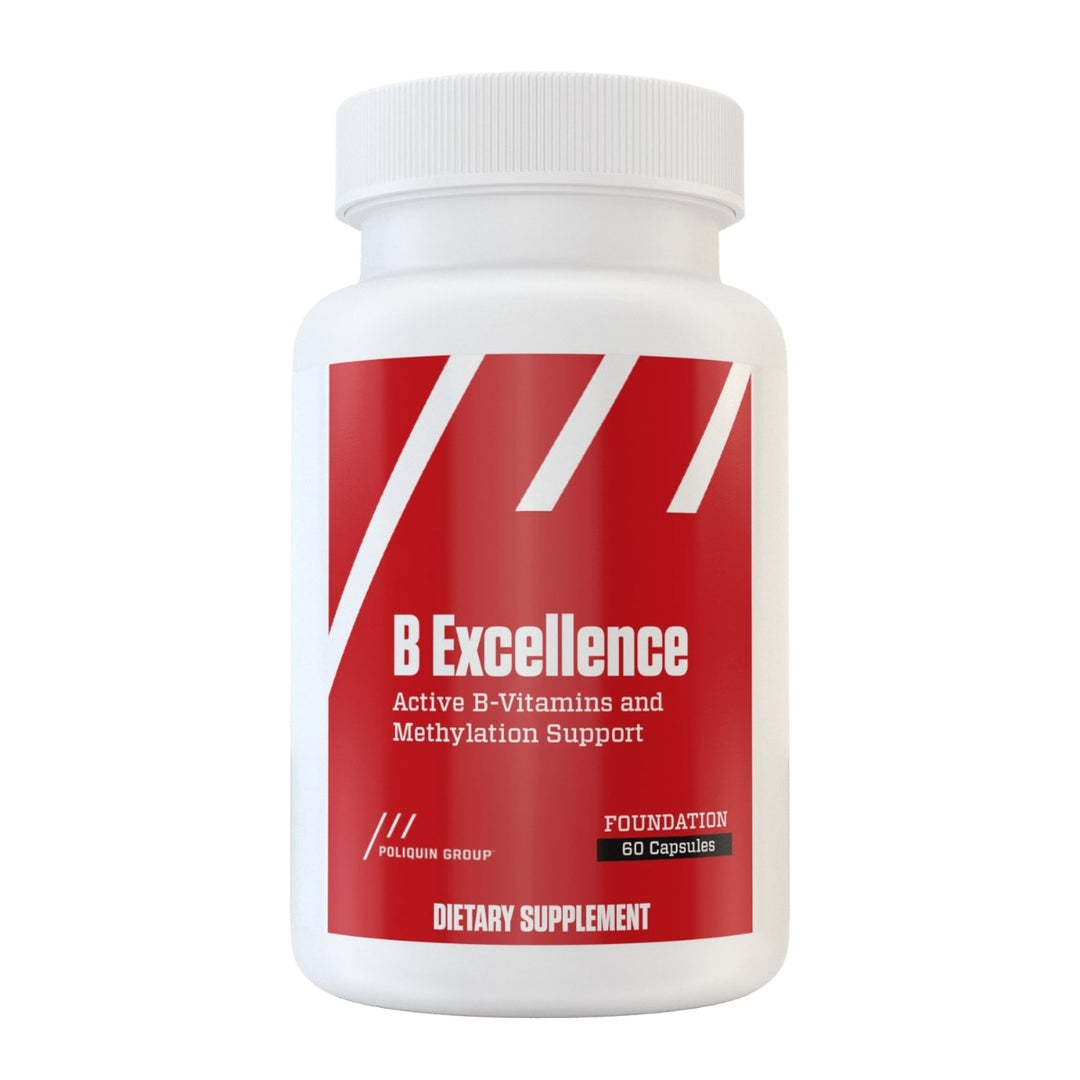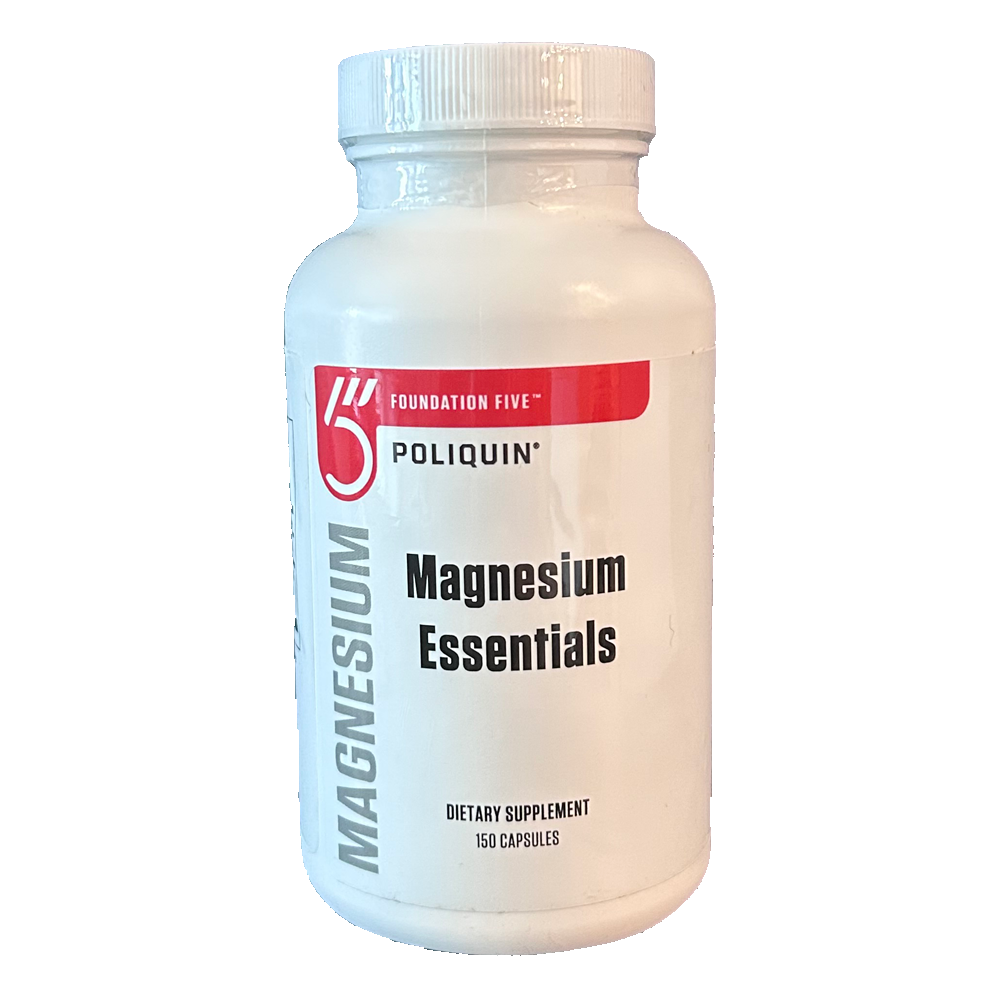Top Ten Nutrition Tips For Faster Recovery From Injury
When an injury hits, it can seem like the end of the world. Optimal nutrition is the last thing you want to think about. In fact, many athletes start dieting, abandon supplementation, and pretty much fall completely off the good nutrition wagon.
Big mistake! Getting the right nutrients can have a powerful effect on reducing pain, minimizing inflammation, and accelerating recovery. This article will give you ten go-to nutrition tips for a faster recovery from injury.
#1: Hydrate
Avoid putting your body under extra stress from lack of hydration by giving it the water and electrolytes it needs. A dehydrated joint or tissue is more susceptible to tears and injury. In addition, adequate water is necessary for the body to fight inflammation, eliminate waste products, and heal damaged tissue. After all, sometimes it’s the little things that make all the difference!
#2: Get Extra Protein
Many athletes think that since they’re not thrashing their muscles daily, they don’t need supplemental protein. Wrong! The fact that you’re not stimulating the muscle with regular training means you’ll be in a catabolic state with your body actively breaking down tissue. Consuming high-protein foods like meat, fish, eggs, whey protein, and dairy every 3 hours will activate protein synthesis pathways in the body, which will help avoid muscle loss and promote tissue remodeling for a faster recovery.
#3: Supplement with Creatine
At first glance, it seems sensible to stop taking creatine when laid up with an injury, but research shows that creatine may play a critical role in the tissue repair process. Having extra creatine available improves the body’s metabolic efficiency and increases the anabolic potential of insulin, which is necessary for protein synthesis and recovery. Taking 5 grams a day with a meal that contains carbs is recommended.
#4: Eat Healthy Fat
The first step in the recovery process is to reduce inflammation so that the body can start producing collagen for tissue repair. Healthy fats inhibit inflammation and counteract the pro-inflammatory activity of refined and hydrogenated oils. Make it easy by including some form of healthy fat from fish, olive oil, nuts, avocados, or whole seeds in every meal, while avoiding processed foods and refined oils.
#5: Take Digestive Enzymes
During injury repair, your body’s demand for nutrients can increase by as much as 50 percent. If you’re digestive tract isn’t able to absorb and assimilate the nutrition necessary for repair, recovery will be delayed and you may not come back as strong as you’d like. Increasing your reservoir of digestive enzymes, such as bromelain and trypsin, can improve digestion and reduce inflammation in the GI tract. Supplementation with a blend of these enzymes paid off for boxers who had improved post-operative healing and less swelling during recovery.
#6: Supplement With Curcumin
Curcumin is a compound derived from the spice turmeric that contains pain-killing compounds. It can also accelerate injury recovery and decrease inflammation. In one study, subjects who took 200 mg of curcumin a day had less self-reported pain and MRI scans showed faster recovery compared to a placebo. Topical curcumin that you rub onto the injury site has also found to reduce pain and inflammation.
#7: Get Extra Calcium, Magnesium & Vitamin D
Everyone knows calcium is necessary for bone healing, but few people know that it plays a critical role in muscle relaxation and hormone balance, both of which are key for a fast recovery. Of course, the body doesn’t absorb calcium well without magnesium, and vitamin D is also necessary for calcium to do it’s bone building work so be sure to get extra of all three.
#8: Eat Berries
Both blueberries and tart cherries help manage inflammation and can influence cell growth and tissue regeneration. They also have potent nutrients that accelerate the elimination of waste products produced during periods of high inflammation. Tart cherries provide the added benefit of raising the sleep hormone melatonin in the body so that you get better rest—a key component of injury recovery that is often disrupted when your regular training routine is thrown out of whack.
#9: Don’t Diet
Starving yourself because you’re not training is the last thing you should do when recovering from an injury. Naturally, you may not need quite as many calories as when you’re doing hardcore workouts, but slashing calories fails to recognize that resting metabolic rate can increase anywhere from 15 to 50 percent during healing. Plus, adequate calories are necessary to avoid muscle loss. You can roughly estimate calorie intake during injury recovery by multiplying 30 times your bodyweight in kg.
#10: Get Extra Zinc
Zinc plays a critical role in tissue regeneration and a deficiency has been associated with poor wound healing. Zinc also has a powerful anti-inflammatory effect and is necessary for optimal hormone balance—a key factor in maintaining muscle mass and optimal body composition during periods of inactivity. Taking 15 to 30 mg/day during the first few weeks of injury recovery is recommended.
Bonus: MSM, Glucosamine & Chondroitin
You’ve probably heard of chondroitin and glucosamine as key nutrients for optimal joint function. Research shows these babies are most effective when combined with something called MSM—a sulfur containing compound that is in every cell in the body, with particularly high concentrations in nerve tissue, skin, and joints. MSM synergistically supports the activity of chondroitin and glucosamine and can effectively be used to support joint health and relieve minor pain.











